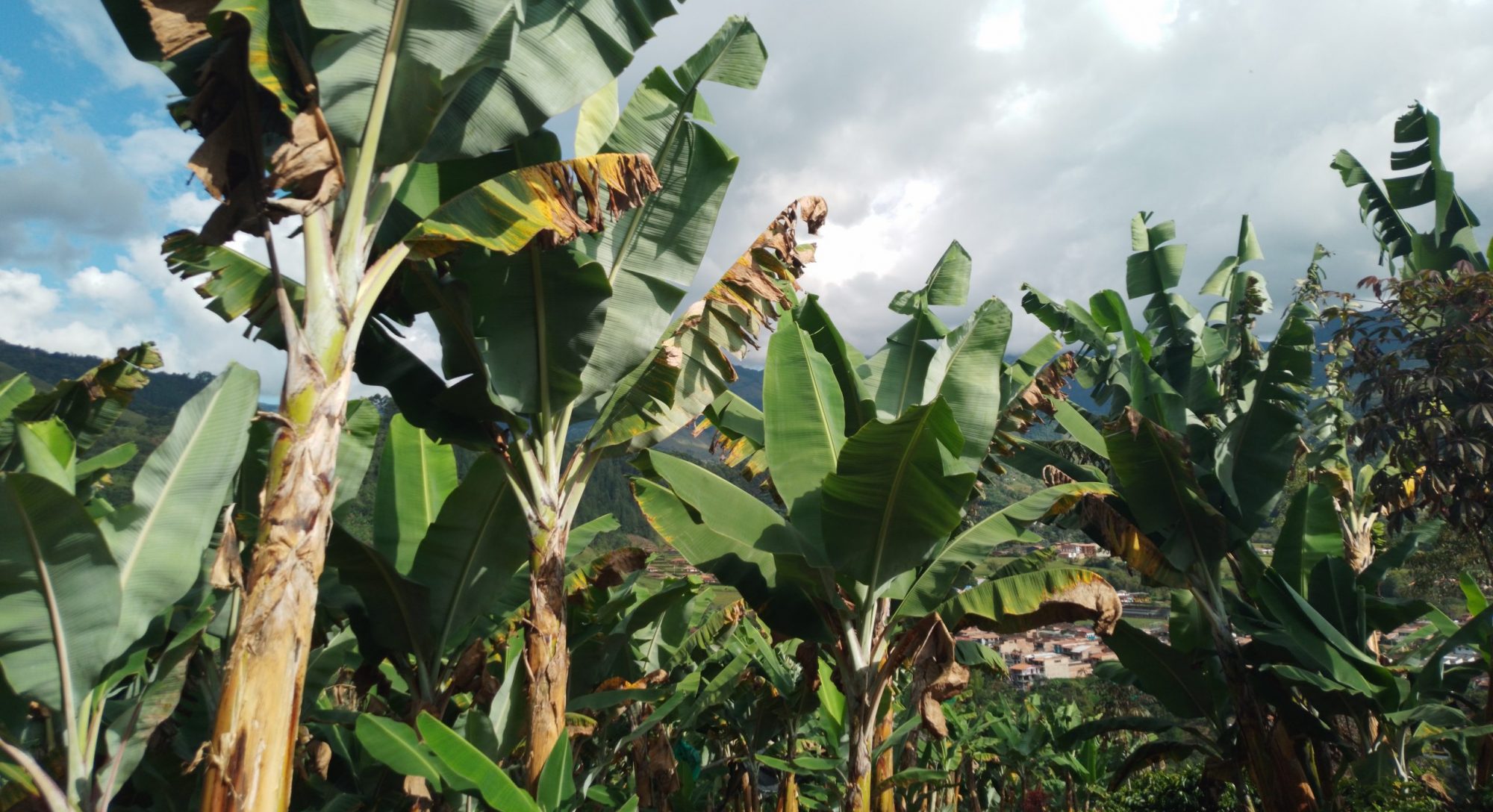Bledsoe, A. (2021). Methodological reflections on geographies of blackness. Progress in Human Geography [online]. https://doi.org/10.1177/0309132520985123.
Coronil, F. (1996. Beyond occidentalism: Toward non-imperial geohistorical categories. Cultural Anthropology, 11(1), pp.52–87.
Grosfoguel, R. 2007. The epistemic decolonial turn: Beyond political-economy paradigms. Cultural Studies, 21(2–3), pp.211–23.
Mignolo, W. (2000). Local histories/global designs: Essays on the coloniality of power, subaltern knowledges and border thinking. Princeton, NJ: Princeton University Press.
Mohanty, C. T. (2003). Feminism without borders: Decolonizing theory, practicing solidarity. Durham: Duke University Press.
Noxolo, P. (2017). Decolonial theory in a time of the re-colonisation of UK research. Transactions of the Institute of British Geographers, 42, pp.342-344, doi: 10.1111/tran.12202.
Raghuram, P. and Madge, C. (2006). Towards a Method for Postcolonial Development Geography? Possibilities and Challenges. Singapore Journal of Tropical Geography, 27, pp.270–288.
Schulz, Karsten A. (2017). Decolonizing political ecology: ontology, technology and ‘critical’ enchantment. Journal of Political Ecology, 24(1), pp.125-143.
Tuhiwai Smith, L. (1999). Decolonizing Methodologies: Research and Indigenous Peoples. London: Zed Books.
Zaragocin, S. and Caretta, M. (2020). Cuerpo-Territorio: A Decolonial Feminist Geographical Method for the Study of Embodiment. Annals of the American Association of Geographers, DOI: 10.1080/24694452.2020.1812370
Zavala, M. (2013). What do we mean by decolonizing research strategies? Lessons from decolonizing, indigenous research projects in New Zealand and Latin America. Decolonization: Indigeneity Education and Society, 2(1), pp.55–71.
